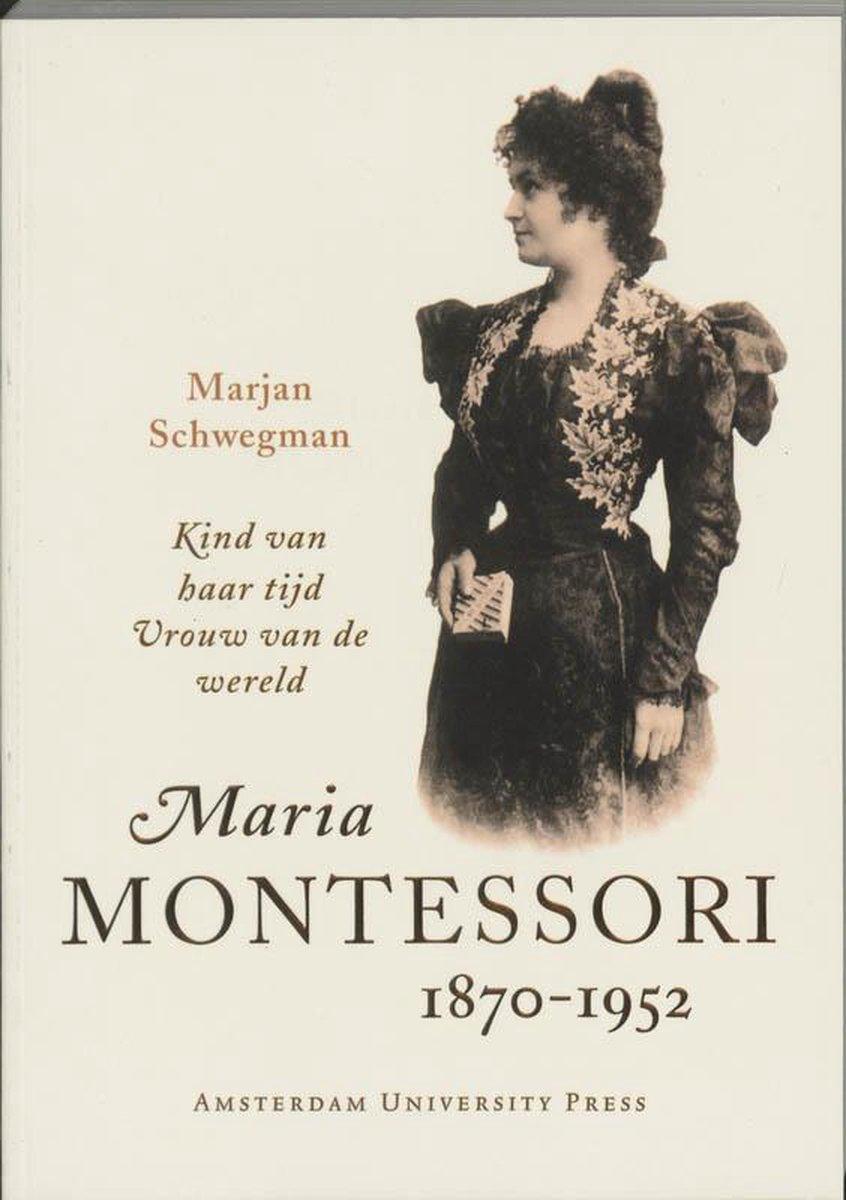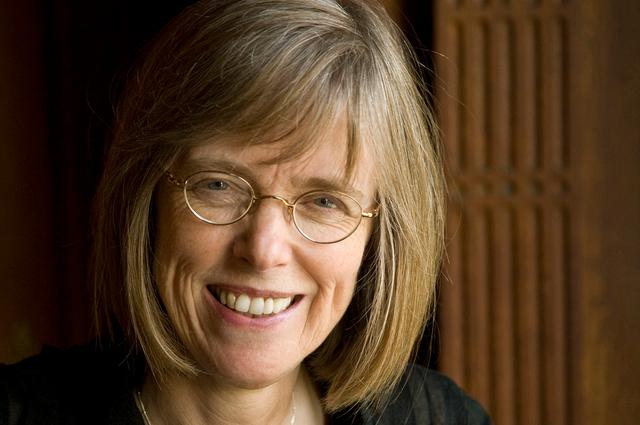Maria Montessori 1870-1952
Maria Montessori was one of the most important educational reformers of the twentieth century. Primarily through her own efforts she was able to make her method into a world-wide success. This biography contains new material about Montessori’s illegitimate son and about her longstanding relationship with the Italian dictator Benito Mussolini.

In this book, Marjan Schwegman also shows how exceptional it was for a woman at the beginning of this century to claim a patent for an invention, something which at that time was usually reserved for men.
Schwegman sees Montessori in the first place as an inventor who in order to disseminate her ideas had to be strategic, ruthless, and militant. In order to realize her ambitions, Montessori relinquished her illegitimate child, a decisive experience that influenced her later ideas about love and child-rearing. When her method had caught on internationally but not yet in Italy, she tried for a long time to win Mussolini over. Although he, in turn, could use Montessori’s prestige abroad, a break was unavoidable: Montessori’s ideal of world peace and her international and universal philosophy were incompatible with fascism.
The biography places Montessori in the broad perspective of her time. She was part of many movements: liberalism, Roman Catholicism, positivism, feminism, and theosophy. In her method, Montessori was able to bring together all these diverse ideas and movements. To the belief, popular at that time, that it is possible to shape the child, partly through its upbringing, Montessori added the aspect of love. In this way she developed a new theory of education with the woman as universal symbol.
Marjan Schwegman has produced an impressive achievement.
de Volkskrant
Marjan Schwegman pulls Montessori respectfully from her pedestal.
Trouw
